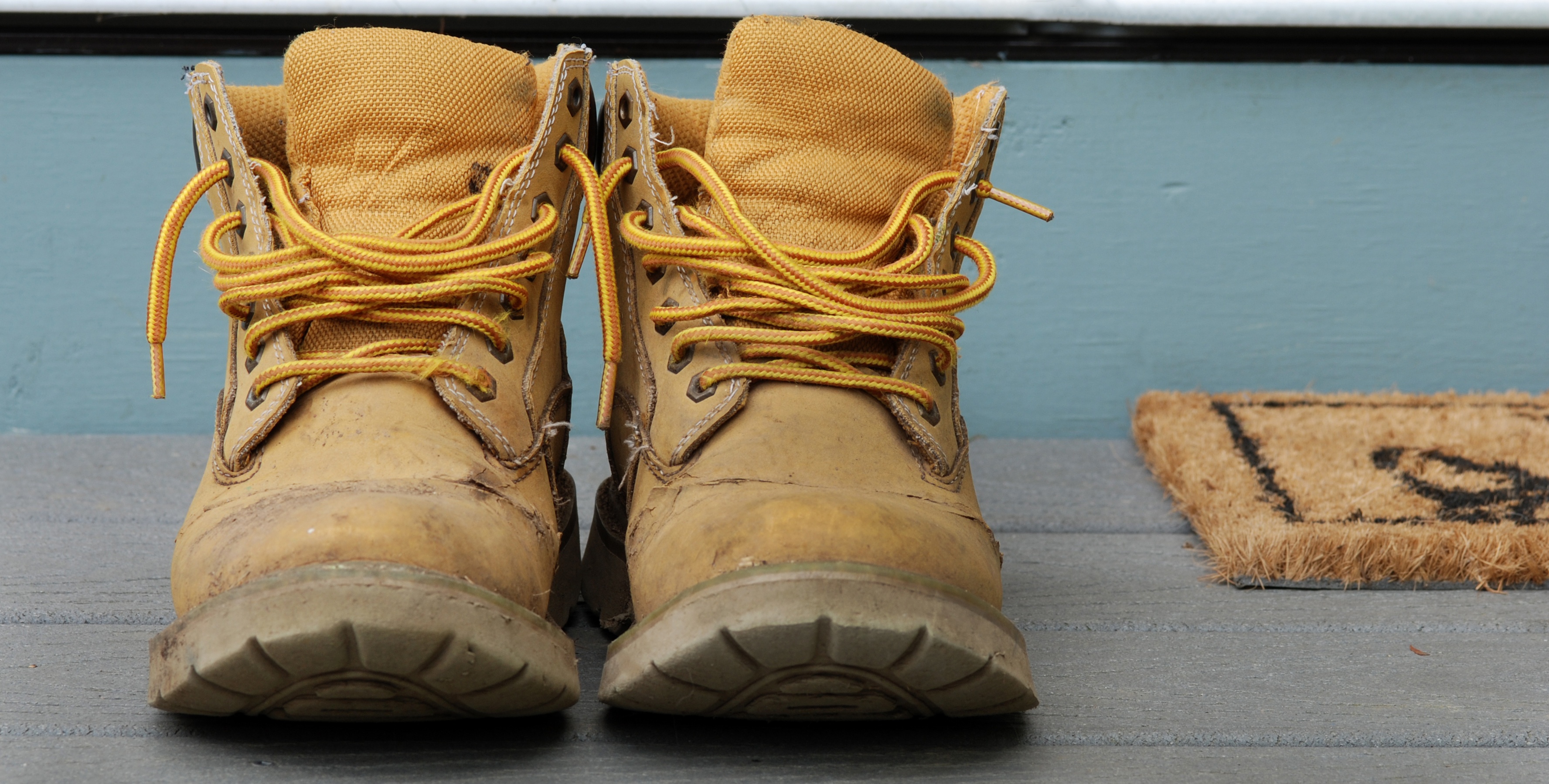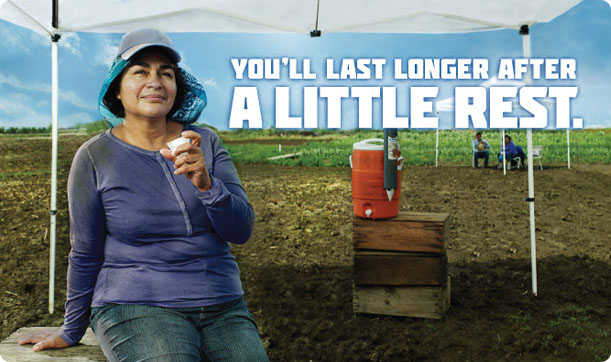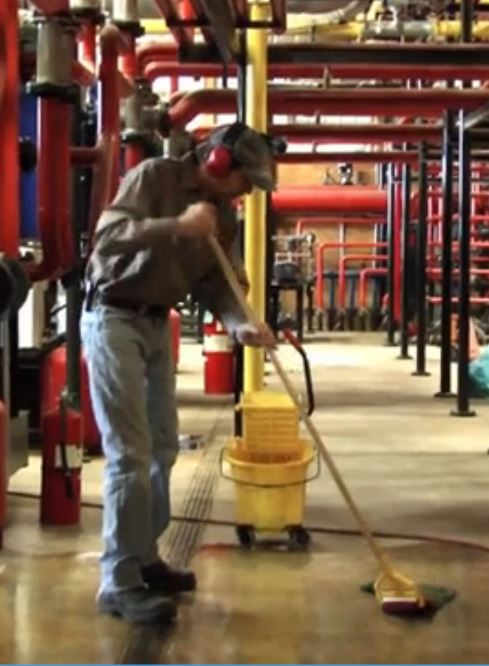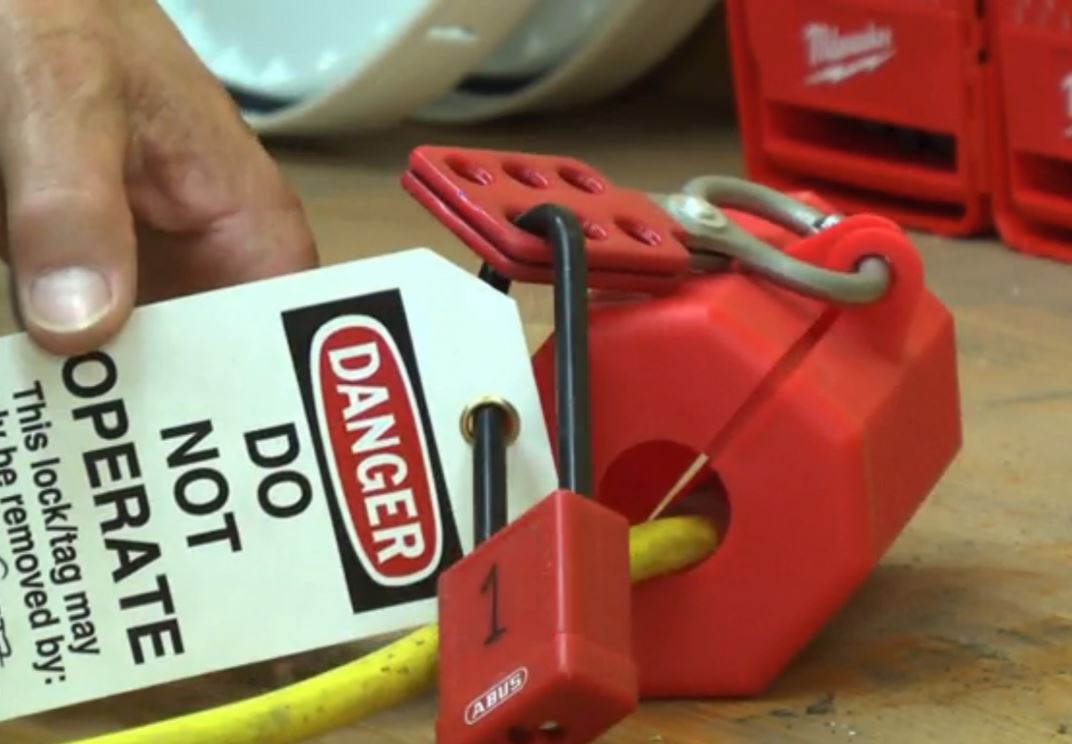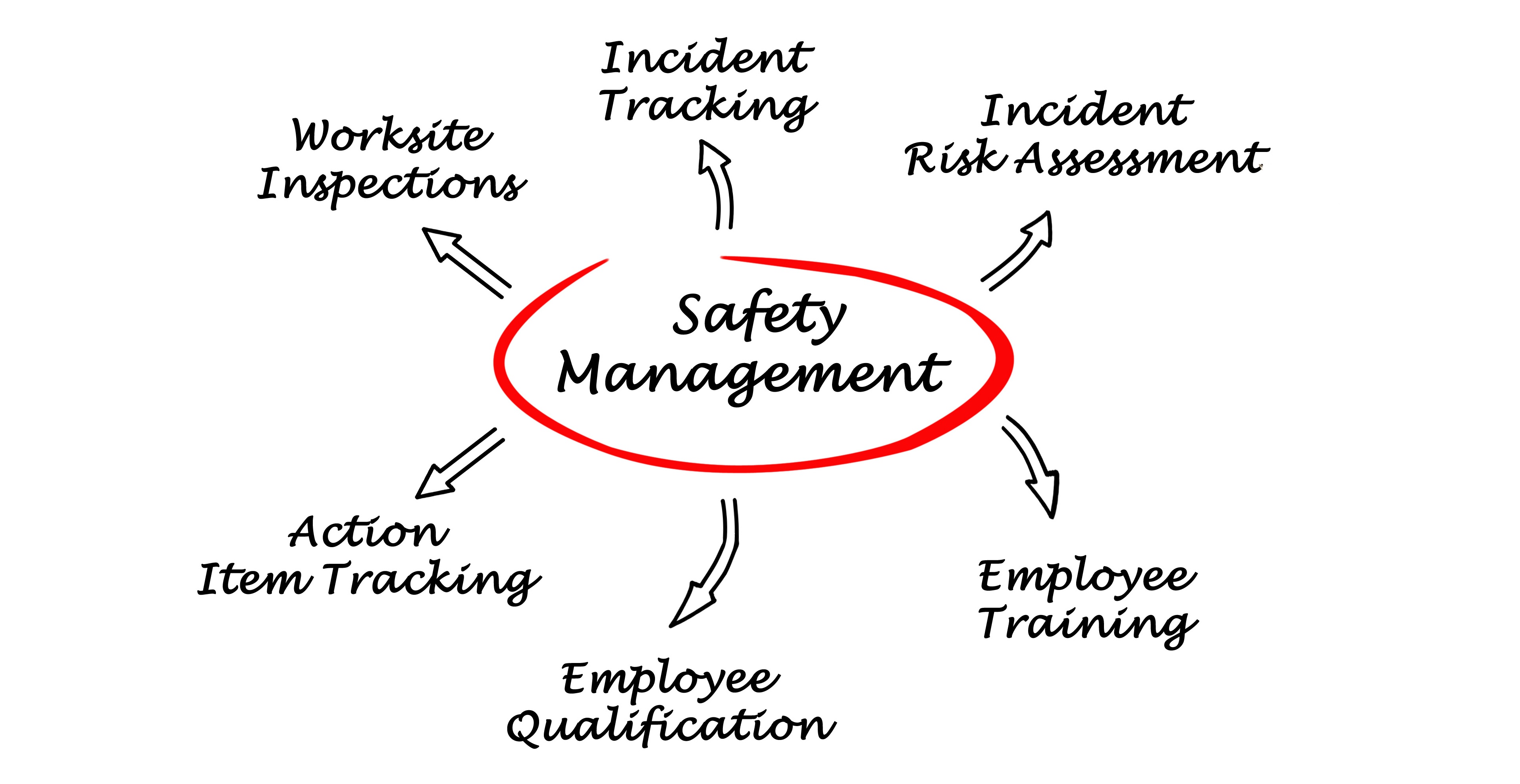For agribusiness owners making the first-time commitment to implement employee safety training, the question often arises at some point: Will videos alone satisfy OSHA requirements, or do I have to hire a safety expert to come on site and conduct some kind of formal training?
Good Day's Work
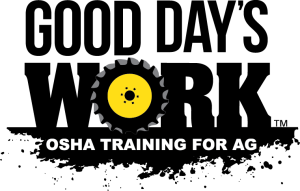
Recent Posts
Topics: agriculture
It's easy to take everyday safety measures for granted when you've got years of farm experience. You get used to going through the motions and repeating many of the same duties day in, day out.
Topics: machine guarding (PTOs/augers), agriculture, hazard communication
Free Farm-Safety Tips: Helping Farm Employees Beat the Heat
Summer is a busy time for farm operations and their employees. As the days get longer and hotter, it’s important to keep your farm family safe.
Topics: heat stress, seasonal, agriculture
Farm-Safety Program Checklist: Your Operation's Path to Success
The success of any safety and health program on your farm depends on careful planning. This means that you must take the time to analyze what you want to accomplish and develop an action plan to attain these goals. This is true for operations with existing safety programs and for farms just beginning to implement a program.
Calculating an OSHA Penalty
Topics: OSHA law & compliance, agriculture
WALKING/WORKING SURFACES: SLIPS, TRIPS & FALLS HAS AN UNEXPECTED FOCUS
Slips, trips and falls constitute the majority of general industry accidents.
Agriculture is no different than any other industry when it comes to slips, trips and falls (STF’s). Similar to construction, changes in walking surfaces is part of the landscape. STF’s are a major challenge for safety managers and account for roughly 15.2% of all injuries that require time off work.
Traditional Solutions
Most traditional solutions zero in on physical factors like obstructions, wet and slippery floors and uneven surfaces. Those issues are commonly addressed in three ways:
- rules and procedures
- regular maintenance
- proper equipment
A sound housekeeping plan, warnings of raised surfaces and employing anti-slip materials go a long way to prevent STFs in the traditional sense.
What About Non-Traditional Solutions?
Topics: slips/trips/falls
lockout/tagout (loto): in osha's top 5 most cited violations
5 STEP PLAN - MOST SECCESSFUL PROGRAMS HAVE AT LEAST THESE 5 ELEMENTS TO THEIR PLAN:
When you’re that “person” responsible for servicing or maintaining a piece of equipment, you want “peace of mind” knowing that nobody could or any situation could accidently startup that equipment while you’re working on it. The consequences of unexpected startup or a release of energy to employees can result in irreversible damage such as electrocution, crushing, cutting, burns, amputation and yes even death. Every employer must protect their employees with a LOTO program that ensures their safety. A LOTO program is not complicated to develop and implement, in fact there is plenty of help from OSHA and other sources to help you implement a program to protect your employees and your business.
Topics: lockout-tagout (LOTO), OSHA law & compliance, productivity / goals / motivation
No OSHA Regulation? General Duty Clause Says You Might Still Be Liable
What do driving ATVs, handling livestock pharmaceuticals and operating a dump trailer all have in common?
None of them has a formal OSHA safety standard.
Topics: OSHA law & compliance
Safety Meetings on the Farm: How to Achieve a Safety Culture
You work tirelessly researching and studying OSHA's regulations and various training requirements to keep your farm safe. You study the Bradley Curve, and try to find ways to lower your farm's DART rating. And nobody knows better than you about how to find fantastic information about creating and fostering a safety culture in the workplace.
Topics: safety culture
I caught up with a friend last week who owned a large dairy farm and now works for a farm co-op in his “retirement.” When I mentioned ag-safety programs and OSHA compliance, he quickly rolled his eyes and sarcastically said, “Ugh,” with a chuckle.
Topics: safety training program, OSHA law & compliance, agriculture, farm

